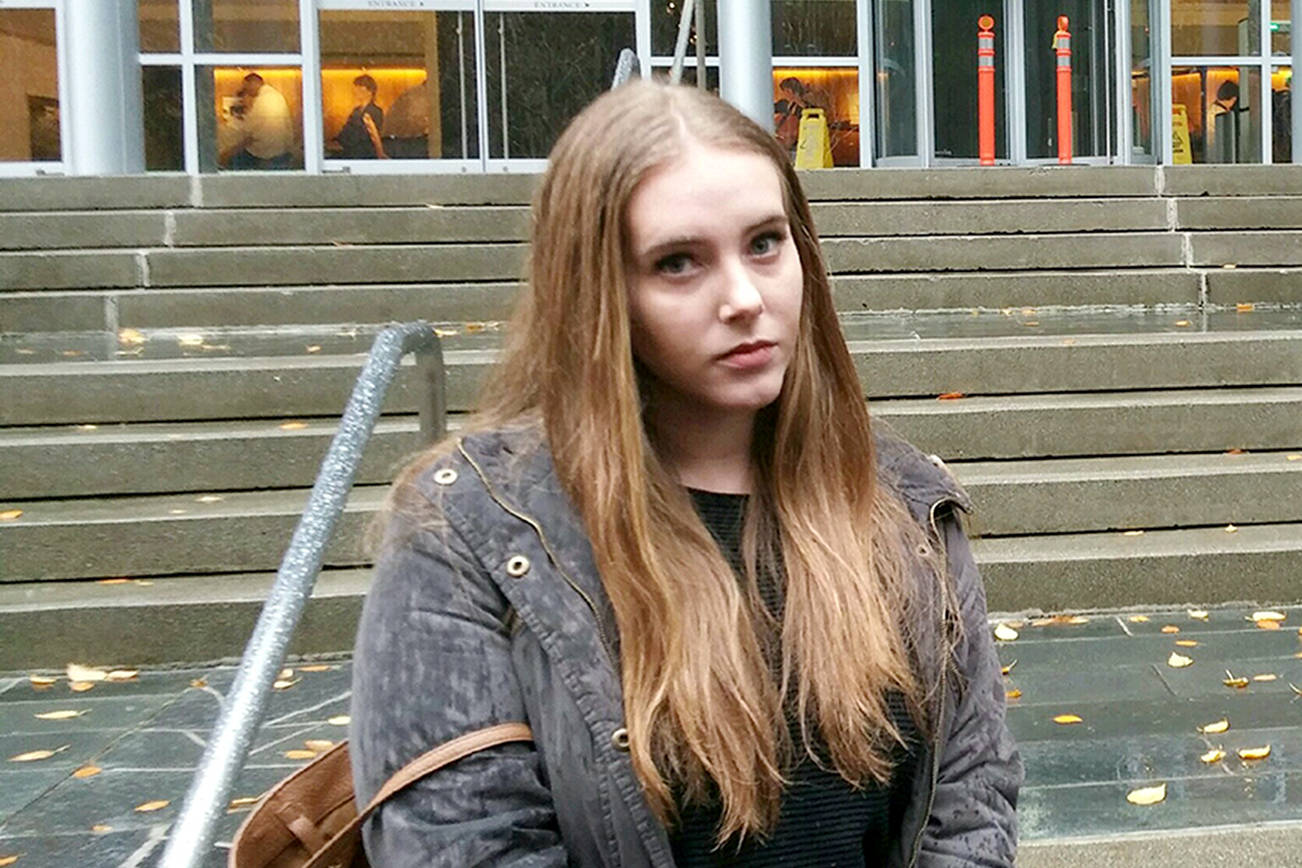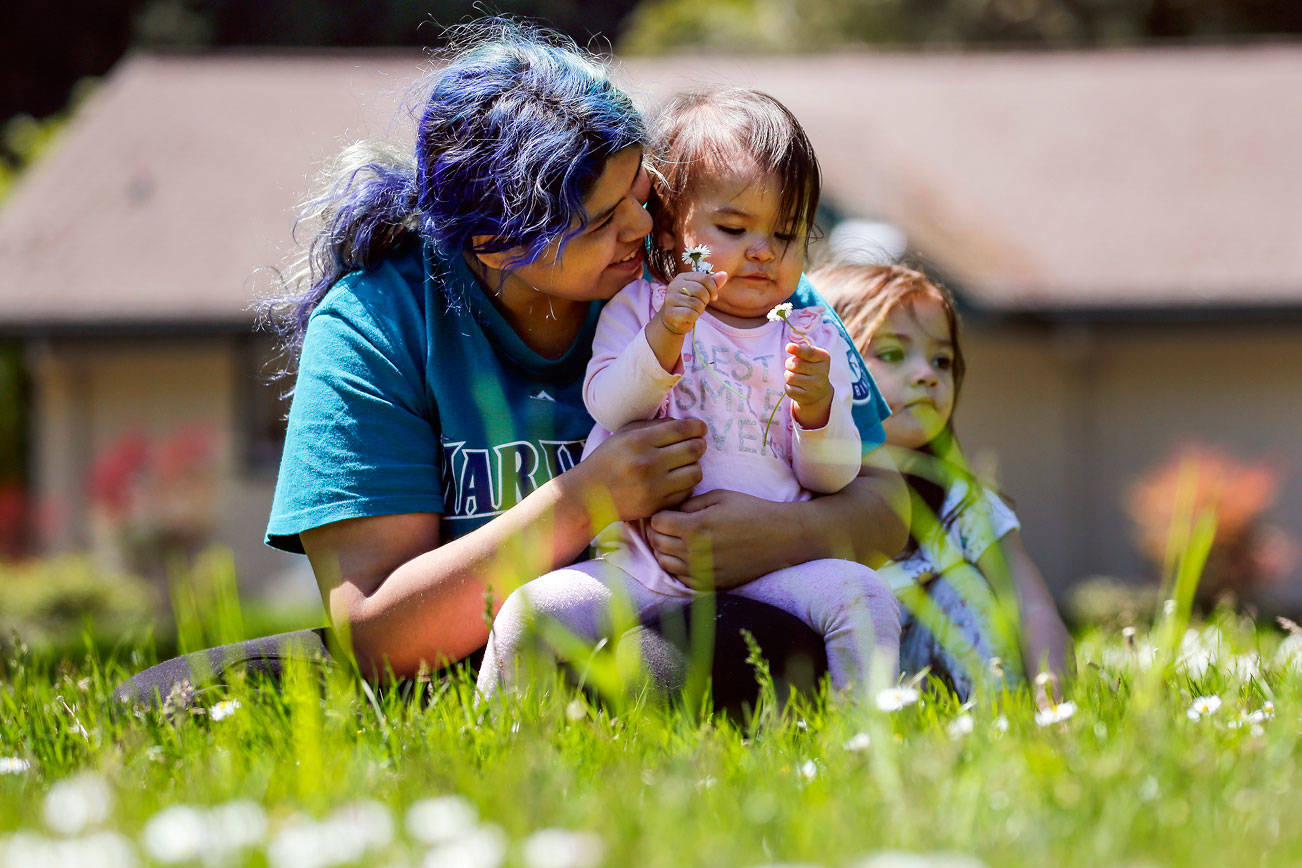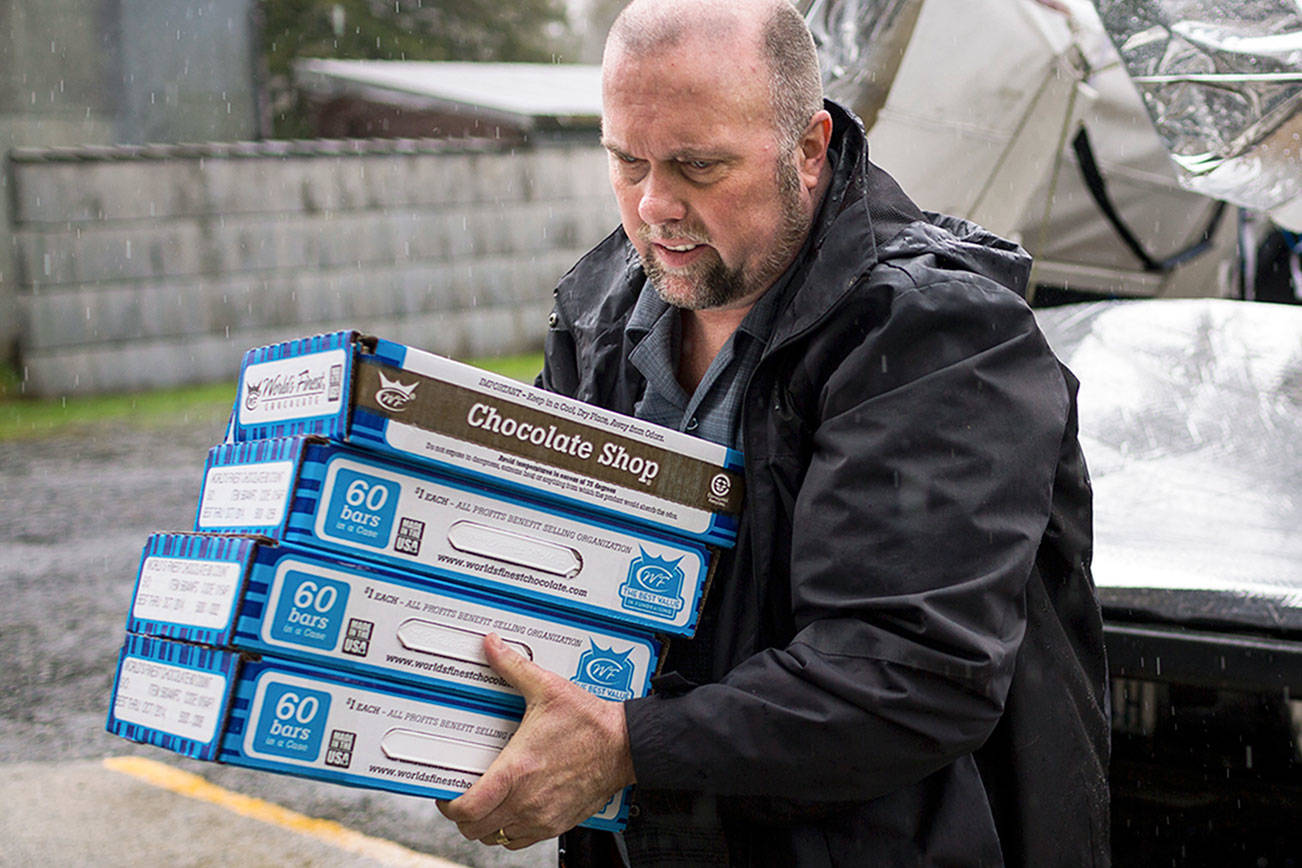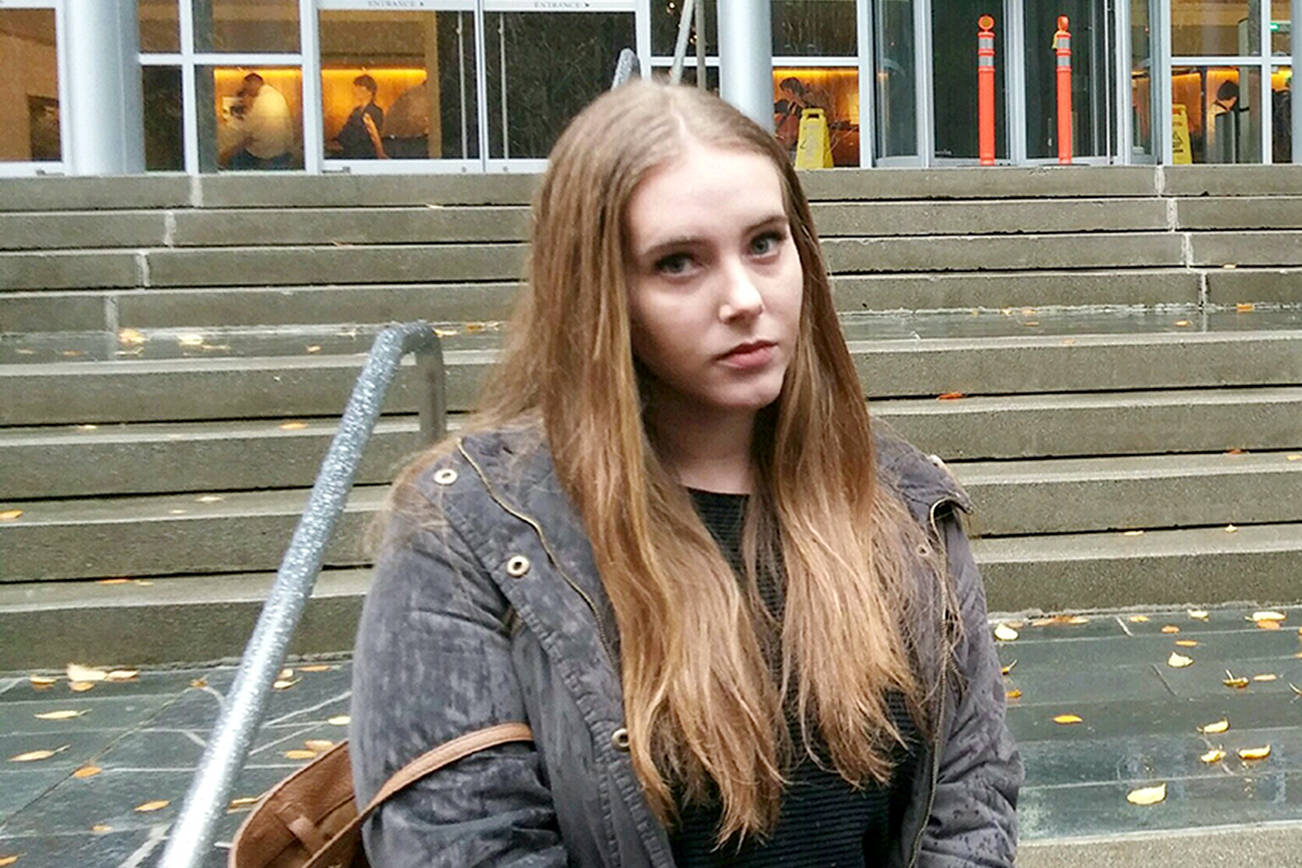EVERETT — Bikini baristas in the county’s largest city are another step closer to finding out how much they have to wear at work.
A federal appeals court has ruled in favor of the city of Everett in a lawsuit that was filed by a group of bikini baristas earlier this year.
The U.S. 9th Circuit Court of Appeals issued a 24-page ruling Wednesday. It found the baristas were unlikely to win a First Amendment argument that their right to free expression was violated by an Everett ordinance regulating dress.
The appeals court returned the case to U.S. District Court in Seattle.
The plaintiffs are associated with Hillbilly Hotties, a coffee stand with locations in Everett. They include owner Jovanna Edge, and five others who have been employees: Leah Humphrey, Liberty Ziska, Amelia Powell, Natalie Bjerke and Matteson Hernandez.
They were represented by Melinda Ebelhar of the California lawfirm Benedon & Serlin, LLP.
The group is disappointed in the decision, she said. They haven’t decided what to do next.
“We are weighing our options,” Ebelhar said Wednesday afternoon. “We may possibly be filing a petition for a rehearing, and that’s a decision that hasn’t been made yet, but will be made in the next couple of days.”
Spokeswoman Kari Goepfert issued a written statement on behalf of the city Wednesday afternoon.
“The city is grateful for the Ninth Circuit’s careful and thorough consideration of this case,” she said. “The Court’s opinion recognized the significant issues that the City has faced and the practical reality of regulating these businesses. … The City looks forward to enforcing its ordinances consistent with the Court’s decision and in the best interest of the community.”
Back in 2009, the Everett Police Department started receiving complaints about the coffee stands, according to court documents.
The department investigated, and found some employees were breaking the law. They began to prosecute, but after a few years found the method ineffective.
The department began to collaborate with the city to find a legislative fix, records show.
The city created the Dress Code Ordinance that applied to “quick-service facilities,” such as drive-through coffee stands. It said employees must at least wear a tank top and shorts.
“The baristas working at these stands wear what they call ‘bikinis,’ but the city describes them as ‘nearly nude employees,’” the ruling said.
The city also amended the definition of a “lewd act,” with descriptions of certain body parts and how they should be covered.
The baristas sued the city in response. They argued that the new definitions were too vague for an ordinary person to understand. They also said their outfits were a way to express themselves, and that the new dress code would violate their First Amendment rights.
In December 2017, a U.S. District court judge banned the city from enforcing the dress code, and agreed that the language was vague. The judge ruled that the ordinances could not be enforced until the lawsuit was resolved.
The city asked the 9th Circuit to review the enforcement ban, also known as a preliminary injunction. The two sides appeared in court in February.
Wednesday’s ruling says the city was correct in how it went about making the rules, and that the district court had “abused its discretion” earlier.
The ordinance does not give law enforcement too much leeway when making “close judgment calls” about what the baristas are wearing, according to court papers.
“The dress requirement clearly defines areas of the body that owners and employees must cover while operating Quick-Service Facilities, using commonly understood names for those body areas,” the ruling says. “All the officer must determine is whether the upper body … or lower body … are covered.”
When it came to the First Amendment, the court found that the messages the baristas may be trying to convey could be misinterpreted because of the commercial setting. Earlier, the workers said they were expressing their empowerment and confidence.
“The baristas’ acts of wearing pasties and g-strings in close proximity to paying customers creates a high likelihood that the message sent by the baristas’ nearly nonexistent outfits vastly diverges from those described in plaintiffs’ declarations,” wrote Judge Morgan Christen.
The justice also wrote: “The outcome of this case turns on the plaintiffs’ contention that the act of wearing almost no clothing while serving coffee in a retail establishment constitutes speech.”
Stephanie Davey: 425-339-3192; sdavey@heraldnet.com; Twitter: @stephrdavey.








